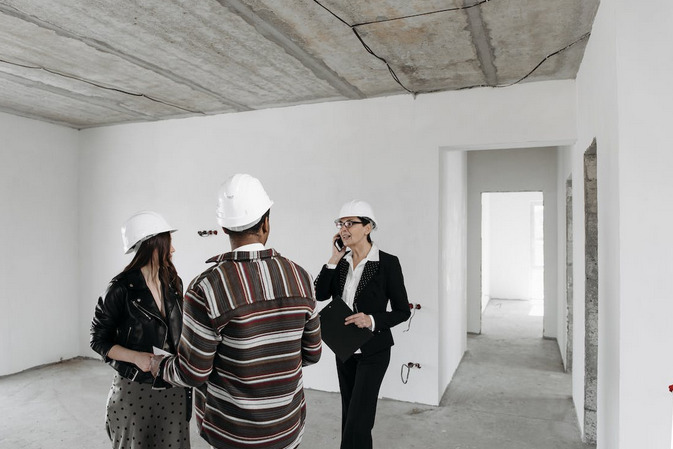Building from Below the Ground: Factors to Consider in Basement Construction
While it may not be as glamorous as building towering skyscrapers or magnificent mansions, constructing a solid and functional basement is no less important. Whether you’re planning on turning your basement into a cozy living space, a home office, or simply utilizing it for storage purposes, there are several crucial factors to consider before you embark on this subterranean journey.
From ensuring foundation integrity to maximizing natural light and ventilation, we’ll dive deep into the key elements that will contribute to a successful basement construction project. So put on your hard hat and grab your blueprint – let’s uncover the secrets behind creating an exceptional underground oasis.
Foundation Integrity
Strong foundations are the backbone of any structure, and this holds especially true for basement construction. As mentioned in Immoportal, when it comes to foundation integrity, there are a few key considerations that shouldn’t be overlooked.
First of all, assess the soil conditions on which your basement will rest. Different soil types have varying load-bearing capacities, so understanding the specific characteristics of your site is essential. Secondly, consider the waterproofing. Implementing effective waterproofing techniques, such as applying water-resistant coatings or installing drainage systems, can help prevent costly water damage down the line.
Additionally, proper reinforcement of the foundation walls is vital for stability and longevity. Reinforcing materials like steel bars or mesh should be strategically placed within the concrete walls during construction, ensuring they withstand external pressures over time.
Permits and Regulations

While navigating through permit applications and adhering to regulations might seem like a hassle initially, keep in mind that these guidelines exist for good reason – your safety! They help ensure that basements are built properly and pose no threat of collapse or other hazards.
So, before breaking ground on your basement project, take some time familiarizing yourself with the specific permits required in your area. It’s always better to be safe than sorry when it comes to compliance with laws regarding construction projects.
Natural Light and Ventilation
Let’s talk about natural light. Basements are notorious for being dark and gloomy spaces, but by strategically placing windows or skylights in your basement layout, you can bring in ample sunlight during the day.
Not only does this make the space feel more open and inviting, but it also has numerous benefits for our overall well-being. Natural light helps regulate circadian rhythms, boosts mood levels, and even improves productivity.
Next, ensuring proper ventilation is equally important. Basements tend to be prone to dampness and musty odors due to their underground location. By installing vents or fans that allow fresh air circulation throughout the space, you can prevent moisture buildup and improve air quality.
Proper Insulation
When it comes to basement construction, proper insulation is a crucial factor that cannot be overlooked. Insulating your basement effectively can bring numerous benefits, from great energy efficiency and cost savings to increased comfort and improved air quality.
Without adequate insulation, you may experience issues such as mold growth, condensation, and even water damage. In …




